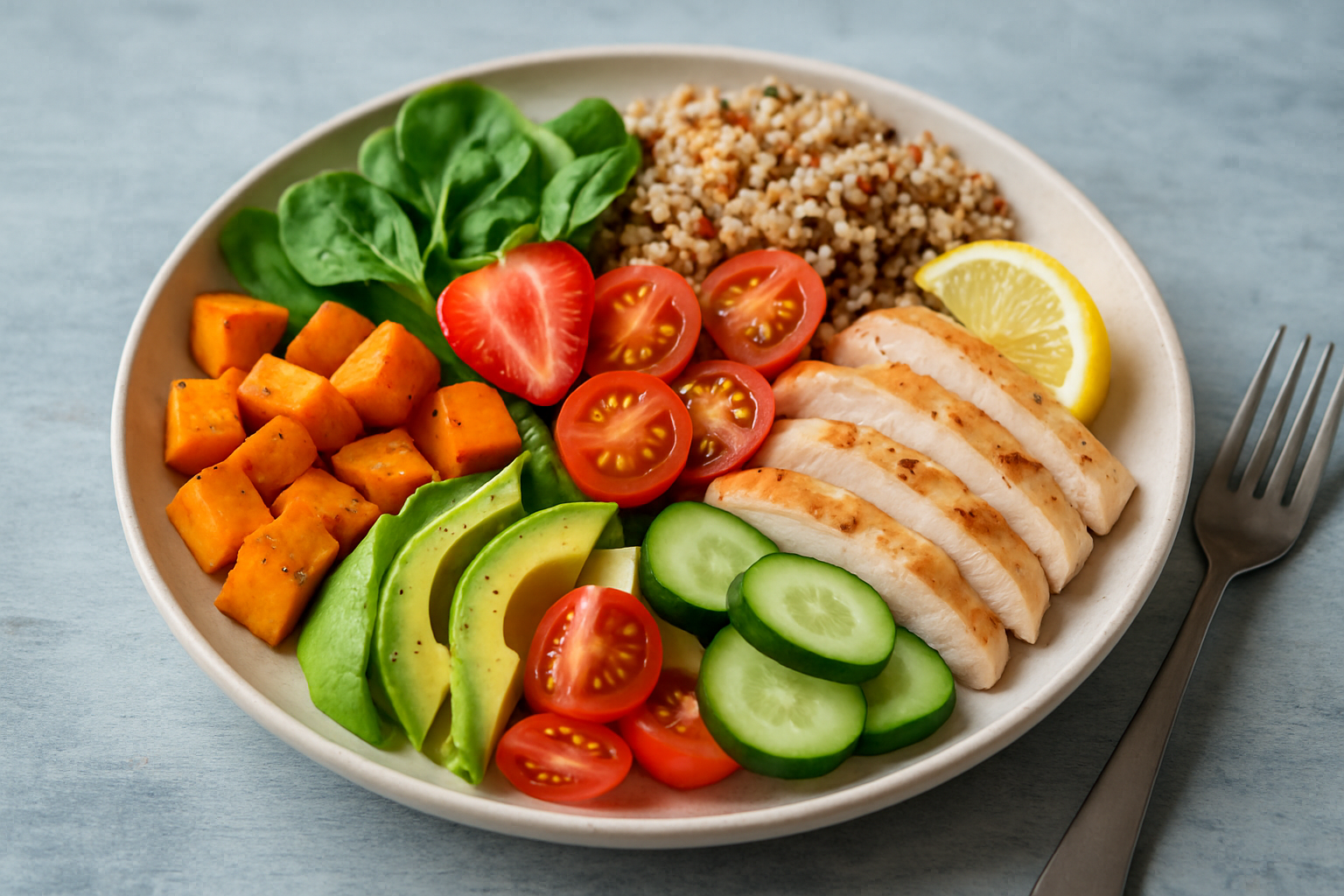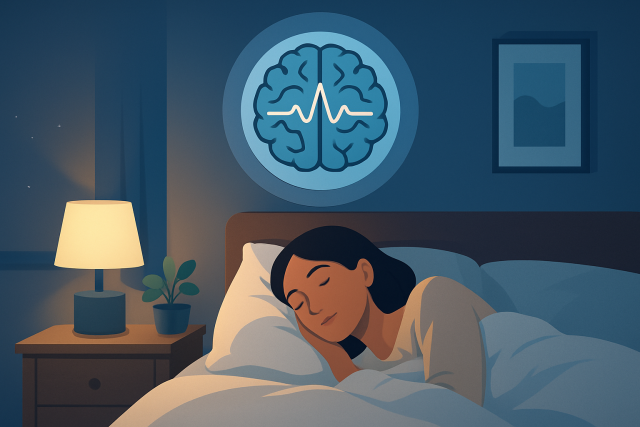
Mental Paralysis Explained and Ways to Break Free
Mental paralysis can freeze decision-making and productivity. Learn what it is, why it happens, and...
Finding your way to wellness is about committing to lifelong pathways to wellness that nurture balanced vibrant health in every part of your life. Quick fixes and fad diets steal the spotlight. But lasting wellness is crafted through steady effort, learning to listen to yourself and staying flexible enough to roll with the punches. When you stick with healthy habits over the long haul, you build more than just muscle or endurance. You grow emotional resilience and mental clarity too.
Wellness is about more than just physical health. It embraces mental clarity, emotional steadiness, meaningful social connections, a sense of spiritual fulfillment and a healthy balance with the environment around us.
Even with the best intentions many wellness efforts hit a rough patch because they focus on unrealistic goals or try to flip the switch overnight. Both are tough to sustain in the long haul. Motivation tends to ebb and flow and without a solid plan or some cheering from friends or family slipping back into old habits is almost par for the course. Stress-filled environments or lack of access to quality resources also make it harder.
"Long-term wellness isn’t about chasing perfection; it’s more like showing up day after day, even when things get a little messy. Those small, steady wins—you know, the ones that barely turn heads—really stack up and weave themselves into lasting change." – Dr. Maya Hernandez
Sustainable wellness is really about sticking with time-tested principles that favor steady commitment over all-or-nothing sprints, personalized approaches instead of cookie-cutter fixes and embracing flexibility as life throws its curveballs.
Physical wellness truly forms the backbone of overall health. The most sustainable approaches usually revolve around balanced nutrition, steady and manageable exercise habits, solid sleep routines and regular check-ups to catch any sneaky issues early on.
Building an exercise routine that actually sticks usually works better when you focus on movements that feel more like fun instead of a dreaded chore. Pick activities you genuinely enjoy and add a bit of variety to keep boredom away and reduce the chance of injuries. Start small with something like a 10-minute walk each day, then gradually increase the effort as you progress.
Nutritional wellness really starts with mindful eating—tuning in to hunger signals and savoring your food without guilt. Striking the right balance of macronutrients is key to keeping your energy steady and hunger in check by mixing carbs, proteins and healthy fats in sensible amounts. Dodging fad diets and harsh restrictions is worth it because it spares you from burnout and nutrient shortfalls. Instead, think of meal planning as your friend. Lean on whole foods, seasonal goodies and simple recipes that fit your tastes and daily grind.

Maintaining mental and emotional well-being often comes down to sticking with regular habits that quietly build resilience and boost self-awareness. Practices like mindfulness meditation and reaching out for therapy when the going gets tough usually help. Expressive journaling and nurturing supportive social connections keep your emotional balance in check and your thinking clear.
Taking proactive steps to manage stress before it snowballs can make a world of difference in keeping your long-term well-being on track. It’s really about tuning in and catching those early warning signs of burnout like feeling wiped out or getting a bit snappy. Suddenly wanting to retreat from the world can also be a sign. Tossing in breathing exercises and staying physically active while mastering your time like a pro can boost your emotional flexibility.
Our social connections and surroundings really pull the strings when it comes to shaping our wellness. When we manage to build supportive relationships based on trust and open communication, it fosters a warm sense of emotional safety and belonging that feels genuinely comforting. Thoughtfully designing environments that promote calmness and cut down on exposure to toxins does wonders for both our physical and mental health.
Spiritual wellness goes well beyond just religious beliefs. It’s about finding a sense of purpose and feeling connected while settling into a place of inner calm.
Try sneaking in short bursts of mindfulness throughout your day, like a few deep breaths or jotting down a couple of things you’re grateful for—little anchors to keep you grounded in the here and now. Take a moment to reflect on your core values and how the everyday choices you make tie back to what really lights you up inside.
Setbacks and plateaus are pretty much par for the course on any wellness journey. It’s super helpful to spot familiar hurdles like burnout or slipping motivation. Once you do, you can tackle them with more grace. I’ve found that the most sustainable strategies involve checking in on your goals regularly, leaning on your support network when needed, cutting yourself some slack and staying flexible with your routines.
"Cutting yourself some slack when the going gets tough isn’t just a nice gesture—it actually helps build resilience. In my experience, those bumps in the road often sneakily turn into stepping stones on your journey toward wellness." – Sarah Lee, Wellness Coach
Building a personalized wellness plan starts with taking a good honest look in the mirror and setting goals that are clear yet flexible enough to bend with life’s little curveballs. Picking sustainable habits that fit your lifestyle and keeping a close eye on your progress without getting obsessive can really help you stay on course and keep growing. Carving out regular check-ins also supports your progress.
True wellness is about more than just the numbers on a scale or obvious signs—it's about discovering your unique pathways to wellness. It’s about tuning in to the little things and having more pep in your step. It means moods that don’t swing like a rollercoaster, stronger bonds with the people around you, and that warm fuzzy sense of being satisfied with life.

Mental paralysis can freeze decision-making and productivity. Learn what it is, why it happens, and...

Discover a detailed, hopeful roadmap to recovery after a mental health crisis, including early inter...

Discover how recognizing the fleeting nature of emotions can change your life. This article breaks d...

Quality sleep isn't just rest—it's a powerful tool for mental health. Learn how sleep stabilizes moo...